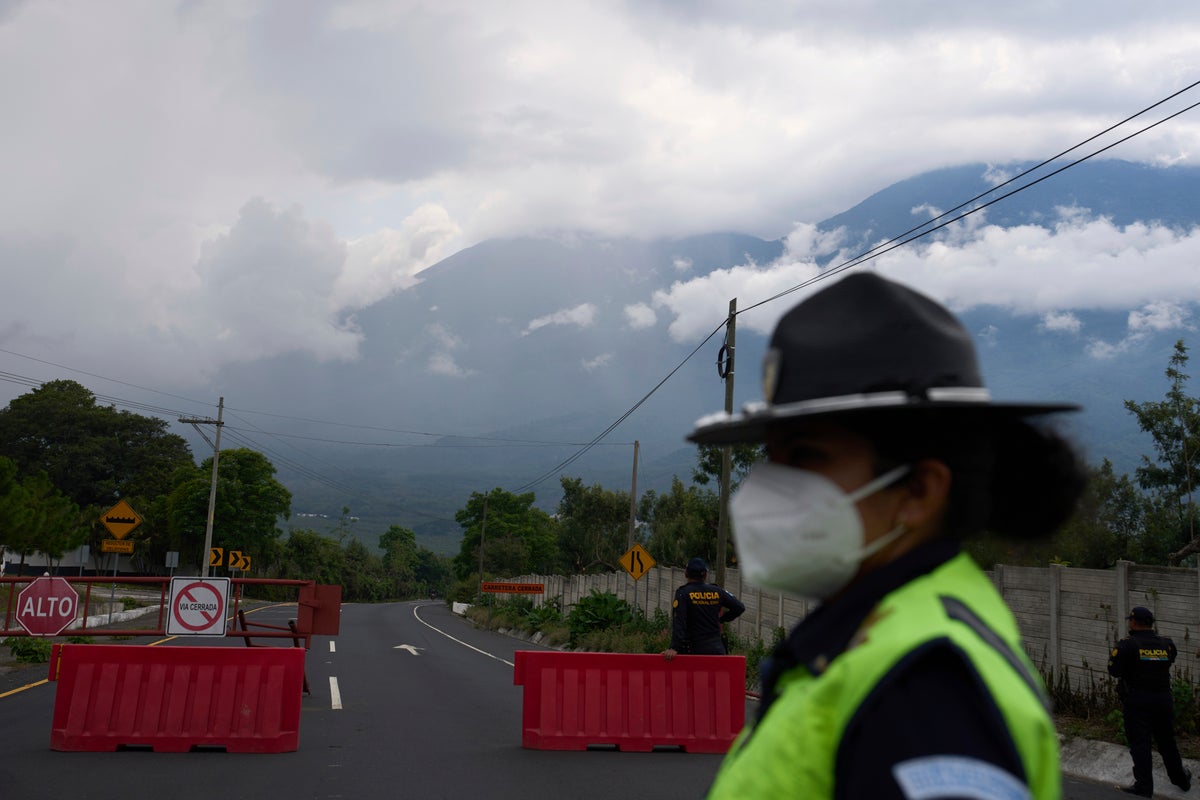Guatemala has initiated the evacuation of residents residing on the slopes of the Volcano of Fire, following a recent eruption that sent hot gas and ash soaring into the atmosphere on Thursday.
The decision was made to ensure the safety of those living in close proximity to the volcano, given the potential risks associated with the increased volcanic activity.
A 2018 eruption killed 194 people and left another 234 missing.
The volcano is 33 miles (53 km) from Guatemala’s capital.
Juan Laureano, spokesperson for the National Disaster Reduction Coordinator, said that at least 594 people were moved to shelters from five communities in Chimaltenango, Escuintla and Sacatepequez departments.
Laureano said that given the volcano’s activity the number of evacuees was expected to rise.
Wilver Guerra, 28-year-old resident of El Porvenir moved to a shelter in Chimaltenango.
“At first everything was normal, only fire in the morning when the volcano’s activity increased a bit, but it’s ok, better to evacuate in time,” he said.

Authorities also closed a highway in the area and suspended classes at 39 schools.
The 12,300-foot (3,763-meter) high volcano is one of the most active in Central America. It is 33 miles (53 km) from Guatemala’s capital.
It comes after another eruption on Mount Etna earlier this month.
A huge cloud of ash, hot gas and rock fragments began spewing from Italy’s Mount Etna on June 2.
An enormous plume was seen stretching several kilometres into the sky from the mountain on the island of Sicily, which is the largest active volcano in Europe.
While the blast created an impressive sight, the eruption resulted in no reported injuries or damage and barely even disrupted flights on or off the island.
Mount Etna eruptions are commonly described as “Strombolian eruptions” – though as we will see, that may not apply to this event.
Volcanologists classify eruptions by how explosive they are. More explosive eruptions tend to be more dangerous because they move faster and cover a larger area.






